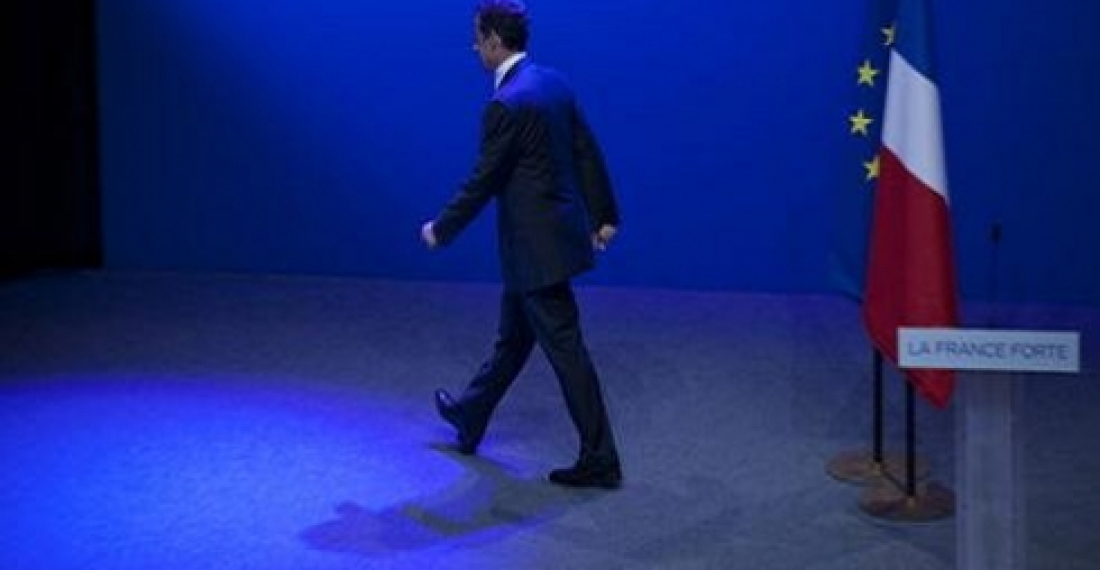Regardless of the result, there is no doubt that the elections held in two European Union countries yesterday - France and Greece, were first and foremost a victory for the democratic process. Both countries have had in their modern political history dark pages. But yesterday was an example of how European politicans, regardless of how strong or important they are, must bow their heads to the will of the people.
In France, one of Europe's heavyweight countries, the colourful President, Nikolas Sarkozy was defeated by his socialist opponent Francois Hollande. The stakes in the elections were very high. The candidates campaigned on different programmes with regards to the current economic crisis in Europe. Sarkozy backs the programme of austerity, Hollande backs a programme of growth. The French gave a clear mandate to the second. Within minutes of the result being announced Sarkozy admited defeat, and bowed out graciously from the French political scene - from one moment being one of the most important leaders in the world, to just being a plain citoyen.
In Greece, the two parties that have dominated the Greek political scene since the 1960s - PASOK and New Democracy were humbled by their electorate who abandoned them in droves. This may mean more problems for Europe and for Greece in the short term, as a new political situation will take time to consolidate, but it was the will of the people and it has to be respected.
Europe continues to show that democracy works, and is the best political model.
source: commonspace.eu
photo: Nikolaz Sarkozy leaving the French political scene yesterday after conceding defeat to Francois Hollande (picture courtesy of Le Monde)







